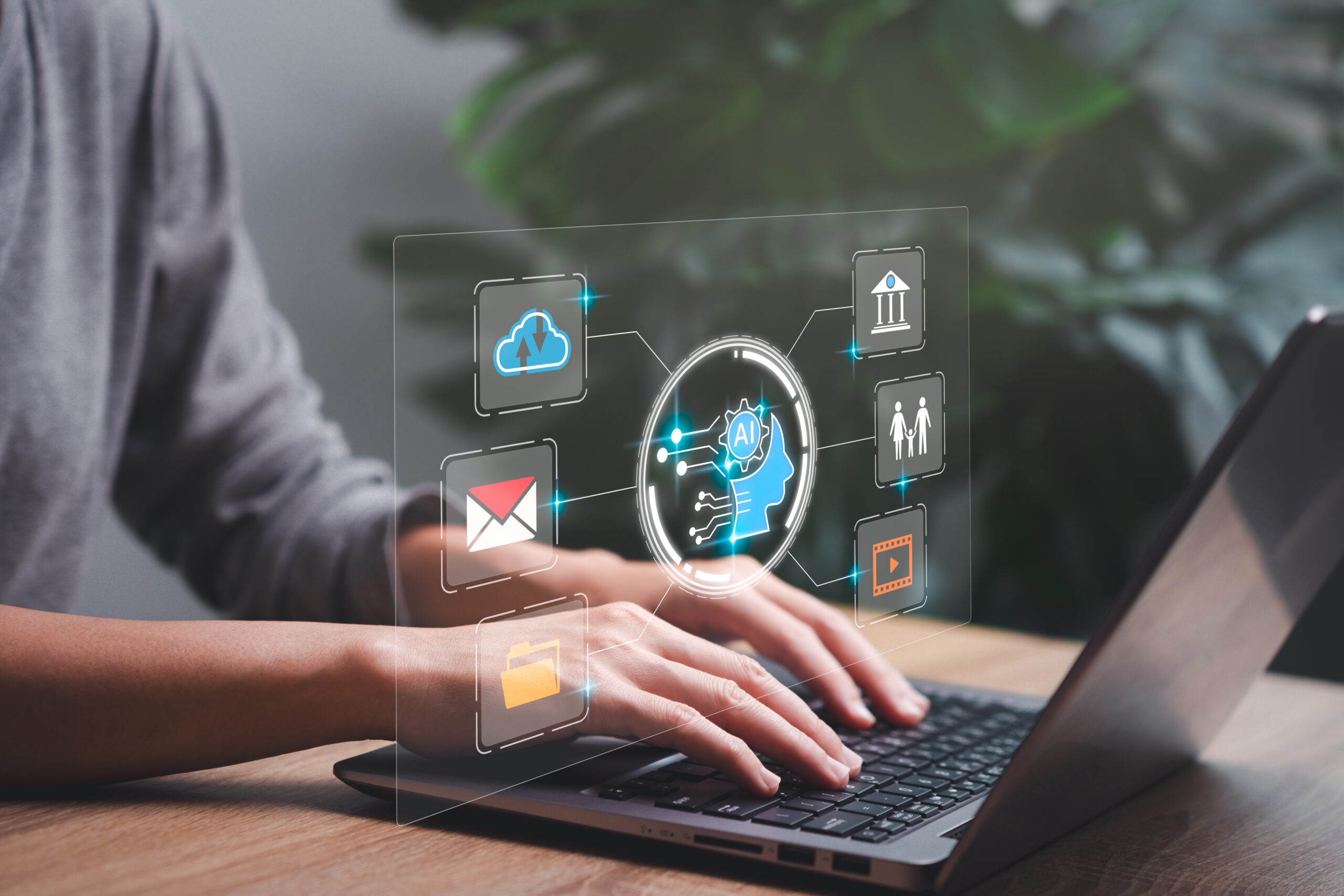It’s challenging to manage a small retail business. Your to-do lists never seem to be finished, from scheduling employees and inventory to delivering first-rate customer service while keeping expenses under control. Relying on spreadsheets and disconnected technologies in the present fast-paced retail industry may result in disgruntled customers, lost revenue, and a significant amount of time wasted.
Software for managing retail businesses is essential at this point. But not all software is created equal, especially for small businesses with limited funding and unique needs. Selecting the ideal software with essential characteristics can change everything by assisting you in increasing productivity, streamlining processes, and concentrating on what really counts: expanding your company.
1. Inventory Management with Real-Time Monitoring
The foundation of any retail establishment is inventory. Effective stock management can make the difference between a small business’s success and failure. Your company’s inventory management software must have a real-time inventory management system that enables you to:
- Know what is offered at various places (if applicable).
- Before you run out of stock, be informed when there are low stocks.
- Organize your supplier data and buy orders in one location.
- Avoid becoming a victim of costly stockouts or overstocks.
You may reduce lost sales and maximize cash flow by proactively replenishing stocks when you have real-time visibility.
2. Easy-to-use Point of Sale (POS) Interface
To maintain consumer satisfaction and check-out lines, a straightforward, fast, and dependable point-of-sale system is essential. An POS that can easily link with inventory and customer data is especially important for smaller firms.
Look for features such as:
- Options for mobile point-of-sale that provide flexibility
- Multiple payment options (cards, digital wallets, and gift cards) are supported, and exchanges and returns are handled easily.
- To guarantee that sales continue even in the absence of internet connectivity, use offline mode.
Customer satisfaction will rise and the likelihood of human error will diminish with a seamless POS experience.
3. Capabilities of Customer Relationship Management (CRM)
Loyal clients are the lifeblood of small businesses. By storing client data, including past purchases and preferences, the software you use should help you keep those relationships going.
When CRM features are linked, you can:
- Launch loyalty programs and targeted incentives.
- Adapt marketing messaging to each customer’s purchasing habits.
- Keep an eye on consumer interactions through all platforms.
- Boost follow-ups and response times for services
An effective CRM turns one-time buyers into devoted patrons.
4. Tools for Staff Management and Scheduling
Keeping track of employees’ work hours and managing their calendars can be time-consuming. This procedure can be made simpler by using software for retail business operations management that incorporates personnel management capabilities.
- Easily creating and sharing shift schedules
- Monitoring of time off and attendance
- Tracking productivity and sales
- Encouraging communication within
These techniques can help retain a highly engaged and well-managed team while also reducing administrative costs.
5. Sturdy Analytics and Reporting
Small merchants require data-driven insights in order to expand. Simple-to-read reports and visual dashboards on sales, inventory changes, customer trends, and employee performance must be included in your program.
Locate:
- Reports that are specifically designed to meet the demands of your company
- Instantaneous data updates to facilitate prompt decision-making, Instruments for predicting demand and sales
- Financial tracking analytics through integration with accounting software let you find opportunities, cut expenses, and boost revenue.
6. Omnichannel Integration
Small-scale businesses can market their products through different channels, including physical stores sites, websites, social media websites, as well as marketplaces. Your software should support multichannel selling via.
- The synchronization of inventory and sales across all channels
- A single customer profile
- Making sure that orders are fulfilled efficiently, regardless of whether it’s on the internet or in-store
Omnichannel features will ensure your customers receive the same easy and enjoyable shopping experience, no matter what they buy.
7. Cloud-Based Access and Mobility
Small-scale business owners wear many roles and require access to their business information anywhere, anytime. Cloud-based business management software for retail provides.
- Internet connectivity is available to all devices with internet connectivity
- Automatic updates, no IT difficulties
- Storage of backups, data and other information are safe
Mobile-friendly platforms permit you to check sales, approve orders or supervise employees from any place anytime.
8. Simple Integration with other Business Tools
The software you use must be compatible with other programs. Integration with accounting software (QuickBooks, Xero), marketing platforms (Mailchimp) and eCommerce platforms (Shopify) assists in reducing the manual work involved and also synchronizes information across all your systems.
Benefits for Small Businesses Using Retail Business Management Software
If you decide to use software with these features, small businesses can benefit from
- Enhances efficiency by enabling and delivering data in real-time
- Improved control of inventory to decrease the amount of wasted inventory as well as loss in sales
- Increased the customer’s engagement and satisfaction, resulting in loyalty. It also increases the probability of returning business
- Management of employees is simplified, leaving time for expansion activities
- Scalability-software that expands with your business’s growth.
Challenges to Consider
While the right software may offer huge benefits, smaller companies must be aware of these aspects:
- The complexity of the implementation Select solutions that offer solid onboarding and powerful assistance.
- Cost and. worth Balance feature must be able to satisfy budgetary requirements.
- Instructions: Invest time in training your team on the most recent technology.
A clear plan and choosing software designed for the particular needs of small enterprises will help you over these hurdles.
Conclusion
In 2025, the use of software for managing business in retail isn’t just for large chains. It’s essential for smaller businesses who want to stay efficient and grow. By focussing on inventory in real-time, seamless POS systems and also customer management and integrating Omnichannels, small-scale stores can operate more efficiently, while saving money, and also attracting customers by offering smiles.
If you’re seeking to raise your business up to the next stage, investing your money into software with these vital features is a great initial step.
Frequently asked questions:
1. Software for managing business operations in retail assist small-sized stores that have just one site?
Yes! Single-location stores can benefit from the control of inventory sales tracking, inventory control, and other features to manage customers.
2. How fast can small businesses implement software for managing retail?
The process of implementation varies, however many cloud platforms are setup within a matter of days or weeks, dependent on the the complexity.
3. Does software for managing business operations at retail cost costly for small-scale firms?
There are plans for pricing that are scalable and specifically designed for small retailers that can be adapted to various budgets.
4. Can the software assist with online sales?
Yes, the most current software is omnichannel as well as synchronizing information about customers and inventory between offline and online channels.
5. Do I require technical knowledge to make use of software to manage business operations in the retail sector?
No. The user-friendly interface, as well as support from the vendor support makes it available to non-technical users.



